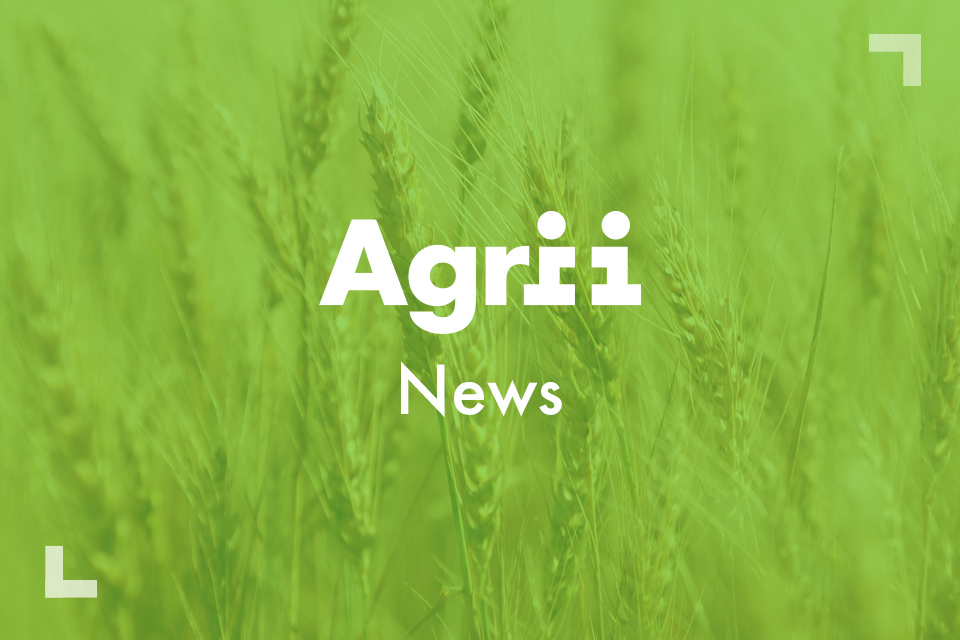
New Technology Connecting the Lab to the Field
News - 27.11.24
Drone technology is revolutionising the way crop trials are conducted, bridging the gap between detailed laboratory studies and real-world field trials. By offering unprecedented levels of precision, this innovative approach is unlocking new potential in agricultural research.
Expanding the Scope of Crop Trials
This spring, drones were used to assess an oilseed rape trial in Yorkshire, collecting data previously unattainable through traditional methods. The trial is a collaboration between Envirofield, Agrii, and Yara.
Envirofield, an independent crop research organisation acquired by Origin Enterprises (Agrii’s parent company) in 2022, has been pivotal in driving these advancements. Will Baldwin, director of Envirofield, explains the impact:
“We’ve maintained our independence while benefiting from Origin’s resources, including Agrii’s advanced drone technology. This has allowed us to enhance our trial assessments in ways we couldn’t before.”
Drone Technology in Action
Although Envirofield acquired a drone five years ago, its initial use was limited to visual perspectives. By collaborating with Jonathan Trotter, Agrii’s technology trials manager, they have unlocked the drone’s full potential.
Jonathan uses photogrammetry to map trial plots, stitching together hundreds of high-resolution images for analysis. During a recent oilseed rape trial, the drone captured almost 400 images across 40 plots (0.2ha) in just 17 minutes.
Using Agrii’s expertise in reflectance and Solvi's analytical tools, Jonathan employed the Triangular Greenness Index (TGI) to filter out unwanted colours and isolate yellow—enabling precise measurements of flowering as a percentage cover per plot.
“This level of detail couldn’t have been achieved without a drone,” Jonathan highlights. “We can now monitor flowering progression and generate treatment-specific data throughout the season.”
A Collaborative Approach
Yara’s global R&D team, which is testing a range of nutrient and biostimulant products to enhance flowering and pod set in crops like oilseed rape, peas, and beans, initiated the trial. Chris Harrold, YaraVita product manager, says:
“When the trial required detailed flowering assessments, we couldn’t imagine how it could be done manually. Drone technology made it possible, offering precision at a fraction of the cost.”
Before drones, such assessments relied heavily on visual scoring by assessors walking the field. This manual approach introduced challenges, including subjectivity and the potential for variation in results due to differing interpretations between assessors. Additionally, the time required to assess large areas by hand made frequent data collection impractical.
Drone technology has addressed these limitations, offering both speed and precision. The flexibility of drone assessments was particularly advantageous during this year’s extended flowering period due to the cold spring. Additional flights ensured comprehensive data collection, and Yara’s international colleagues are now exploring the potential to replicate this methodology in Canada and with other crops.
Building Confidence in Trial Data
Will Baldwin emphasises the value drones bring to trials:
“Drones create a permanent archive of evidence for how datasets are produced. Unlike traditional visual assessments, which rely on the assessor’s judgment, drone images can be revisited, providing transparency and accuracy.”
By bridging the gap between controlled glasshouse conditions and in-field trials, drones allow researchers to scale up assessments without losing precision.
Future Potential for Drone Technology
Will sees drones as a tool to address key challenges in agricultural R&D:
- Enhanced precision: Identifying even minor differences in larger-scale trials.
- Objectivity: Reducing unconscious bias in field assessments.
- Frequent assessments: Capturing data across a trial's lifecycle to track changes over time.
“Our job is to give growers confidence that the data we collect reflects real-world practices,” Will concludes. “Drone technology is a significant step towards achieving that goal.”
Join Our Community

Agrii X
We love engaging with clients and partners. Give us a follow and let's share stories for the community.

Agrii Instagram
A picture paints a thousand words. Follow us on Instagram to see what we are up to.

Agrii Facebook
Follow us on the worlds biggest social media site for the latest news and events straight to your feed.

Agrii LinkedIn
If you are all about the business, connect with us on LinkedIn to build your network
Stay In Touch

Newsletter Sign-Up
Receive email updates on topical news and information from around Agrii and UK Farming.

Listen To Our Podcasts
Listen to the Tramlines Podcast. Fortnightly chat about agriculture and trials with your host Tony Smith.

Agrii Insights
Read essential agri intelligence for profitable farming.

Find an Event
Join us for our upcoming events and tours.



